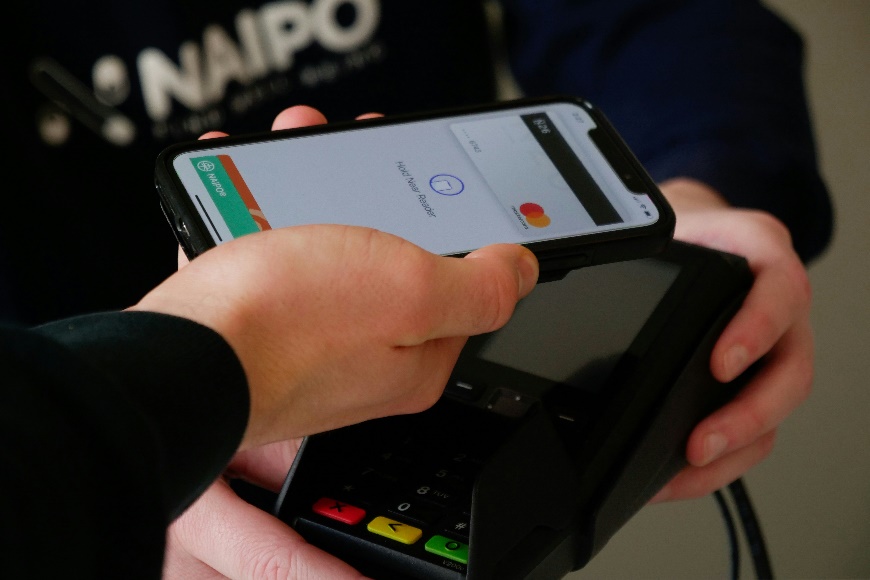Online fraud and scams have been a thorn in banks' side for years and still claim many victims. Still, there is good news: the Dutch Banking Association reports that the total damage from acts such as phishing, fraud with stolen or lost cards or bank help scams has decreased by some €25 million. However, there is still a long way to go when it comes to combating these forms of fraud.

Total damages are declining, so to speak. In fact, the most important damage item, bank help desk fraud, decreased by 45% in 2023. This item thus accounts for the lion's share of the total decline. The number of victims also dropped 20% to nearly 10,000 people. Although this decline is positive for banks, the €28 million in damages shows that this form of scam still remains a persistent problem.
According to Marco Doeland (Teamlead Security Affairs of the NVB), these forms of crime cause a lot of suffering and stress for victims: "In addition, the proceeds disappear straight into the pockets of fraudsters, who use them to finance other criminal activities. This makes online fraud a major social problem that can only be solved if all parties involved take measures and join forces."
The drop in the amount of claims does not appear to be a coincidence. Repeated media attention to debit card fraud and especially telephone scams contribute to awareness. The joint campaign 'Fraud. This is how it works!" tries to make bank customers more aware of the methods used by fraudsters to defraud people.
Banks have also taken additional measures in the past year to protect customers. Examples include lowering the daily limit of checking accounts and incorporating a time lock when increasing the daily limit. The police also made a series of arrests, on which high penalties were handed out.
"There is a broad awareness among the police that these are serious forms of crime with a major impact on victims," says Theo van der Plas (Police Program Director). "We have therefore invested a lot in investigative investigations as well as cooperation with partners such as banks."
What are the next steps? The NVB explains that it is essential that other parties take measures in preventing scams. One suggestion made by the association is that providers of online services and, for example, prepaid SIM cards be required to check their customers.
In addition, large search and media platforms can take steps to prevent and combat rogue advertisements. Facilitating data sharing by the government is also mentioned by the NVB as an option.
As mentioned above, the decline in help desk fraud forms the main part of the decreased total damage. It is notable, however, that the total damage from phishing has dropped by more than 80% to less than €1 million. That is not to say that phishing is a thing of the past, however, because criminals are still phishing on a large scale for personal data via fake websites or social media.
This data is often used to make the fraud story more credible. So, for these forms of fraud too, according to the NVB, all parties in the chain must continue to work together to further reduce the damage.

